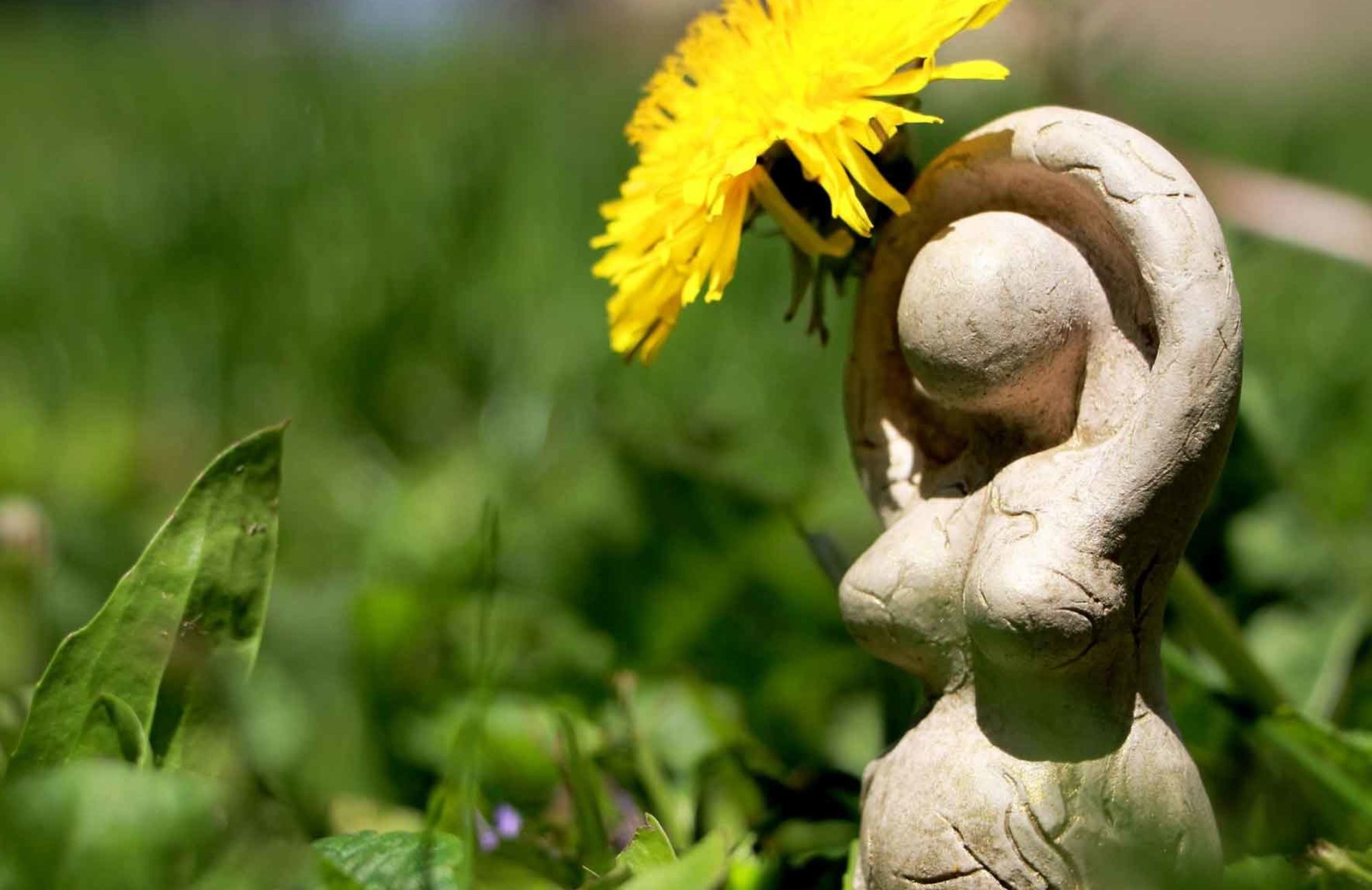ASWM Conference May 5-6, Syracuse NY
Registration Links and Conference information here

Panel 6: Healing the Waters: Birth, Pilgrimage, and the Otherworld
2:30- 4:00 PM Friday May 5 (schedule subject to change)
- Michelle Boyle, “Frasassi: Primal Source in a Site of Continuous Ritual and Pilgrimage since the Neolithic”
- Beebe Frazer, “Midwives and the Sacred Waters of Birth”
- Edel Meade, “Brigid and the Otherworld in the Irish Song Tradition”
PRESENTERS
Michelle Boyle is a doctoral candidate in East West Psychology at CIIS, where her research centers on healing personal and ancestral intergenerational trauma through tracing a lineage of earth-based women’s wisdom in northern Italy from the Paleolithic to the present. Michelle is a mother and grandmother, and currently lives in Texas—in Jumanos, Wichita, Numunuu Sookobitu, Kiikaapoi, and Tawakoni territory—with her youngest child and their hoofed and clawed family.

Beebe Frazer, CNM, D.Min, is a retired midwife who was the primary attendant for 942 birthing mothers. She witnessed the transformation of meek maidens into fierce warriors of love and protection. She honored the power of a woman’s body and blood to create and sustain her infant. Her dissertation, Embodied Birthing: Portal to Transformation, chronicles the history, rites-of-passage, and empowering archetypes of the birthing mother.

Allison Blair Snyder is a mother-scholar. When she isn’t reading or playing in the dirt with her Deaf one-year-old, she is snuggled up with her husband and rescue dogs. She resides on and honors the land indigenously cared for by Lanape Nation. She is a communications professor, academic advisor, and Ph.D. student in Visionary Practice and Regenerative Leadership. Her research focuses on conscious motherhood as it connects to mother earth.

Edel Meade is an award-winning Irish vocalist, composer and Fulbright Scholar. Her voice has been described as mesmerizing while her music is haunting and powerful. A review in Sunday Business Post says she has “”a fearless delivery that celebrates womanhood.” Her critically-acclaimed album ‘Brigids and Patricias’ explores what it means to be a woman in 21st century Ireland drawing on Irish folklore and mythology as well as Irish history and current affairs.








You must be logged in to post a comment.